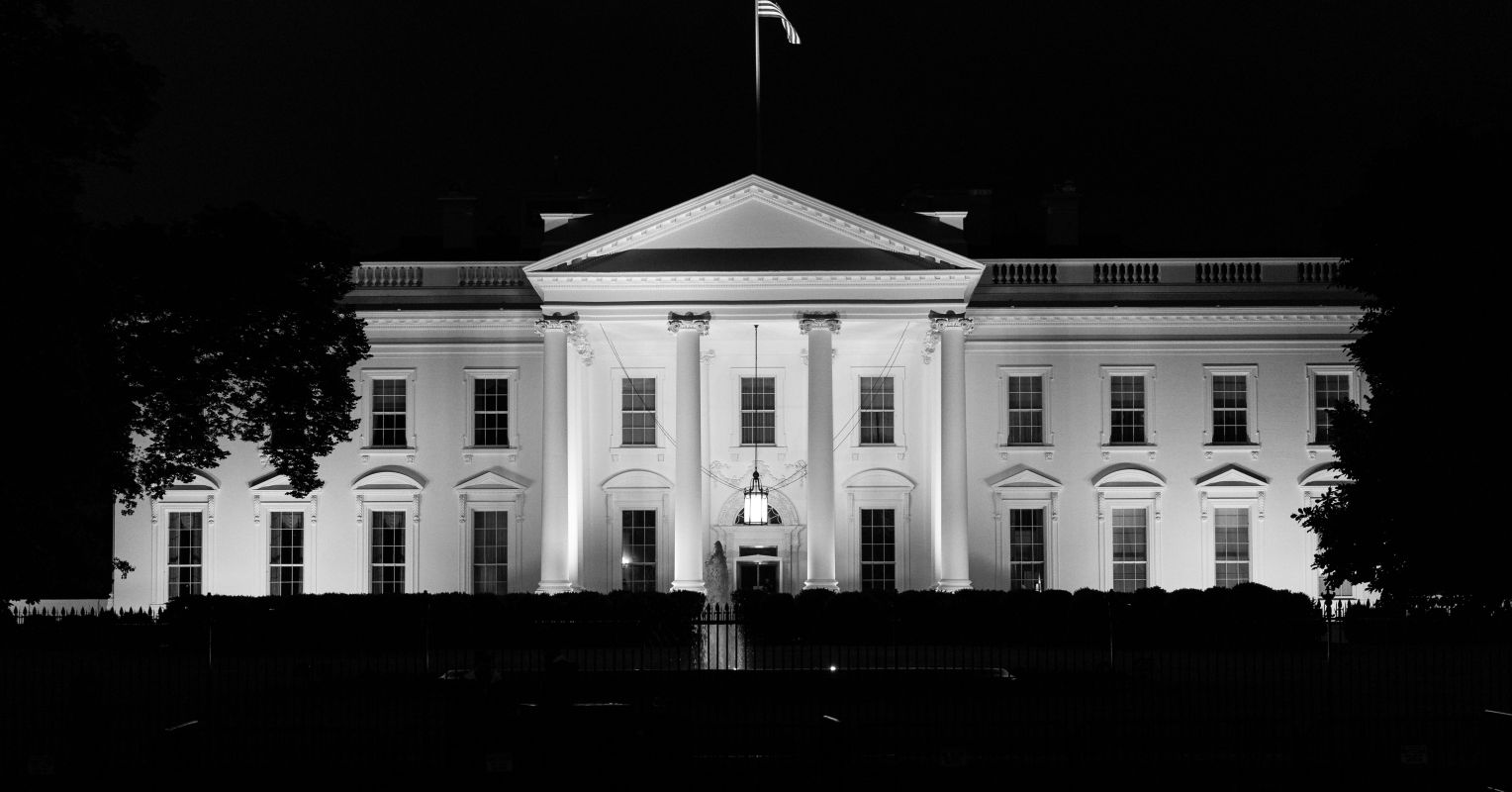
"Elected officials exhibit diverse strategies for election success, whether through self-interest or a focus on constituents' needs. Understanding these dynamics is crucial for voters."
"A recent study reveals that voters' preferences for leaders may hinge on their political orientation and the perceived other- versus self-oriented nature of the candidates."
"The study invited 300 participants to evaluate candidates based on their perceived self-interest or other-oriented characteristics, revealing significant voter preferences influenced by these traits."
"As political dynamics become increasingly complex, distinguishing the appeal of self-oriented versus other-oriented leaders can offer insights into electoral strategies and voter behavior."
The study conducted by the New Paltz Evolutionary Psychology Lab investigates how voters' preferences between self-oriented and other-oriented candidates for election are influenced by their political orientations. Drawing from a sample of 300 participants, the research highlights that individuals who prioritize constituents' needs tend to gain favor over those displaying self-promotion. The findings suggest that understanding these dynamics can provide voters with insight into the candidates' authenticity and approach, allowing them to make more informed electoral choices based on their values and beliefs.
Read at Psychology Today
Unable to calculate read time
Collection
[
|
...
]